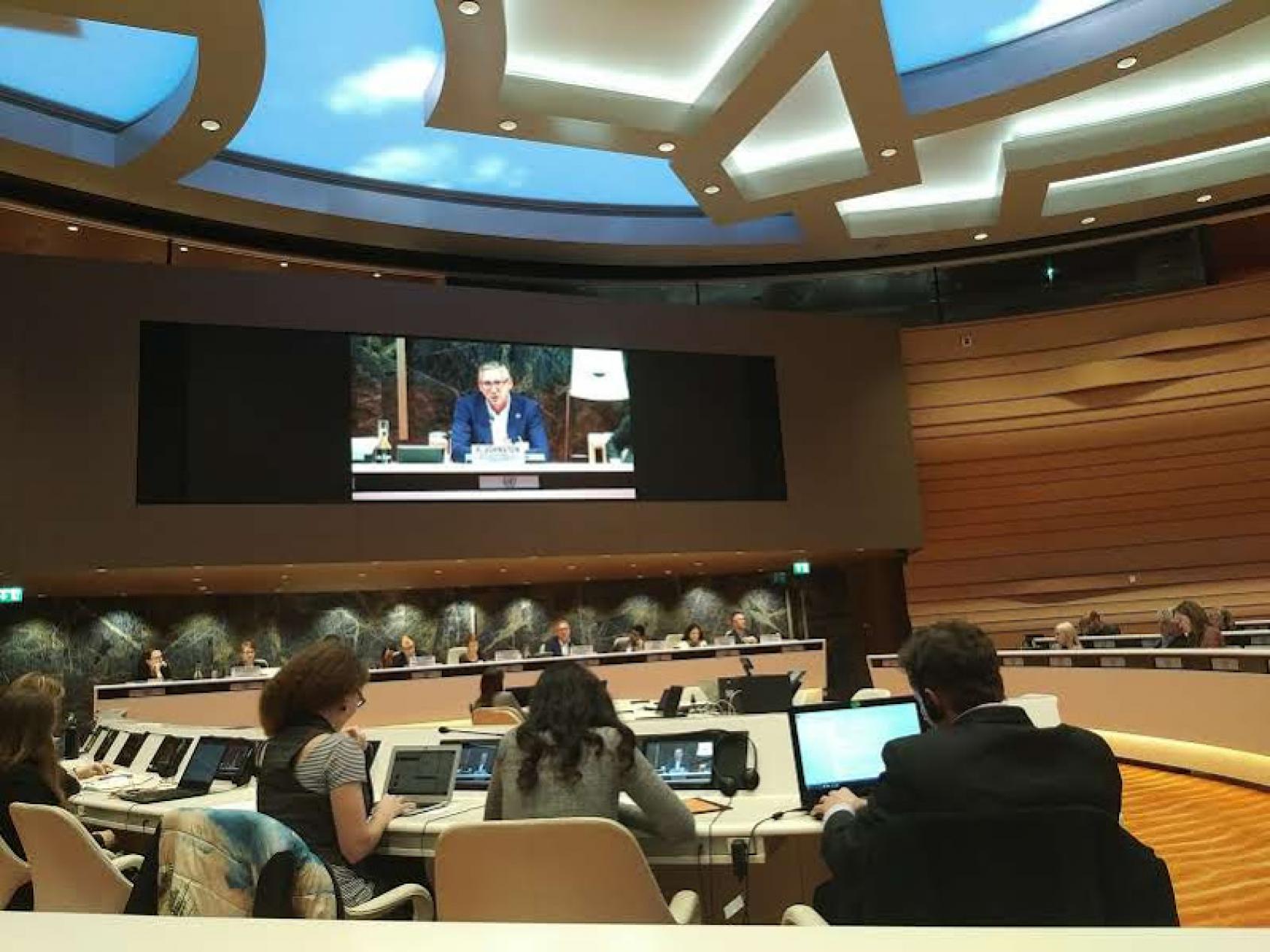
Business representatives - who made up one third of the 2,500 delegates from governments, trade unions, civil society and international organisations – were reminded that engagement with unions is key.
ITF assistant general secretary Rob Johnston participated in panels on labour and human rights due diligence: “In maritime, the ITF has successfully developed the only fully-fledged global collective agreement with shipowner representatives.
“It is monitored and enforced by an ITF global inspectorate and has allowed us to recover more than USD313 million of wages owed to seafarers in the last ten years”.
He also highlighted examples of the ITF working collaboratively with employers to protect the rights of transport workers around the world, and how multinational enterprises can engage with unions to improve the implementation of their human rights due diligence.
Mr Johnston added: "The ITF looks to work with employers where this is a genuine commitment to respect worker’s rights but is not afraid to challenge those that do not, which is why developing binding international regulation is so important."
He pointed to the work the ITF is doing with Thai Union and Greenpeace towards eliminating labour rights violations, including forced labour and trafficking, in the Thai seafood supply chain and showcased an ongoing project with Unilever.

Edwin Atema from FNV – Stichting VNB called for action to stop the exploitation of truck drivers in Europe. He explained how unions are key in rooting out problems at the bottom of the supply chain, bringing them to those at the top and demanding the necessary changes.
As the UN declaration on human rights celebrates its 70th birthday this year, the ITF supports a binding treaty on business and human rights, as necessary to put an end to abuse in supply chains.


မွတ္ခ်က္အသစ္မ်ားတင္ျခင္း